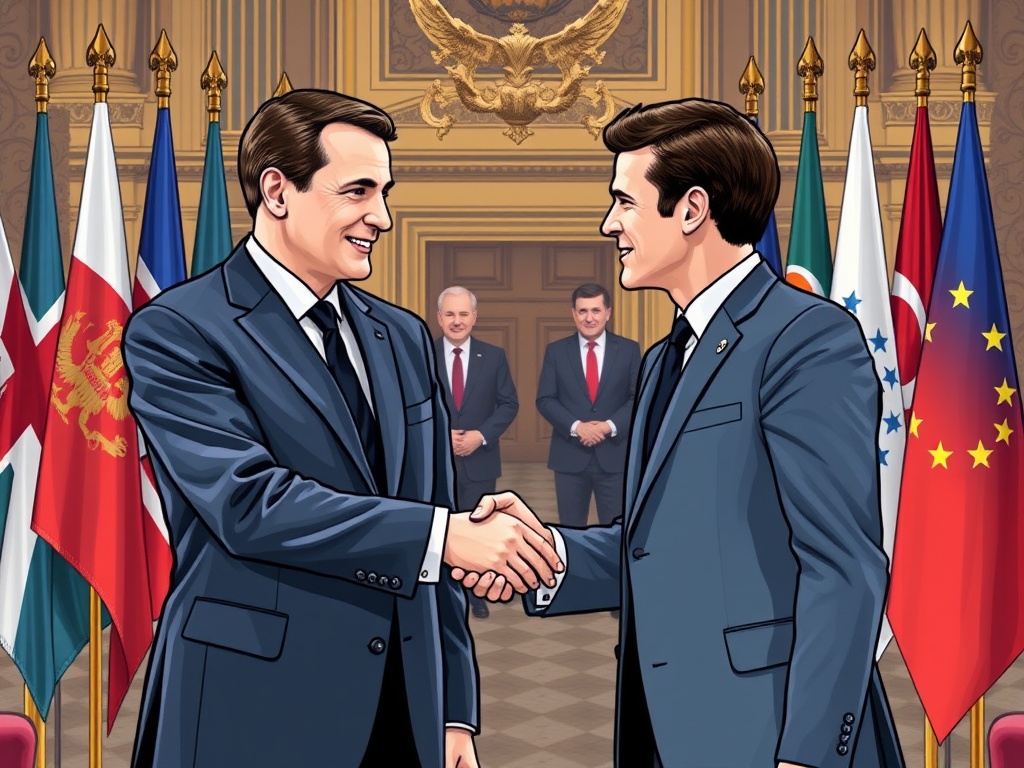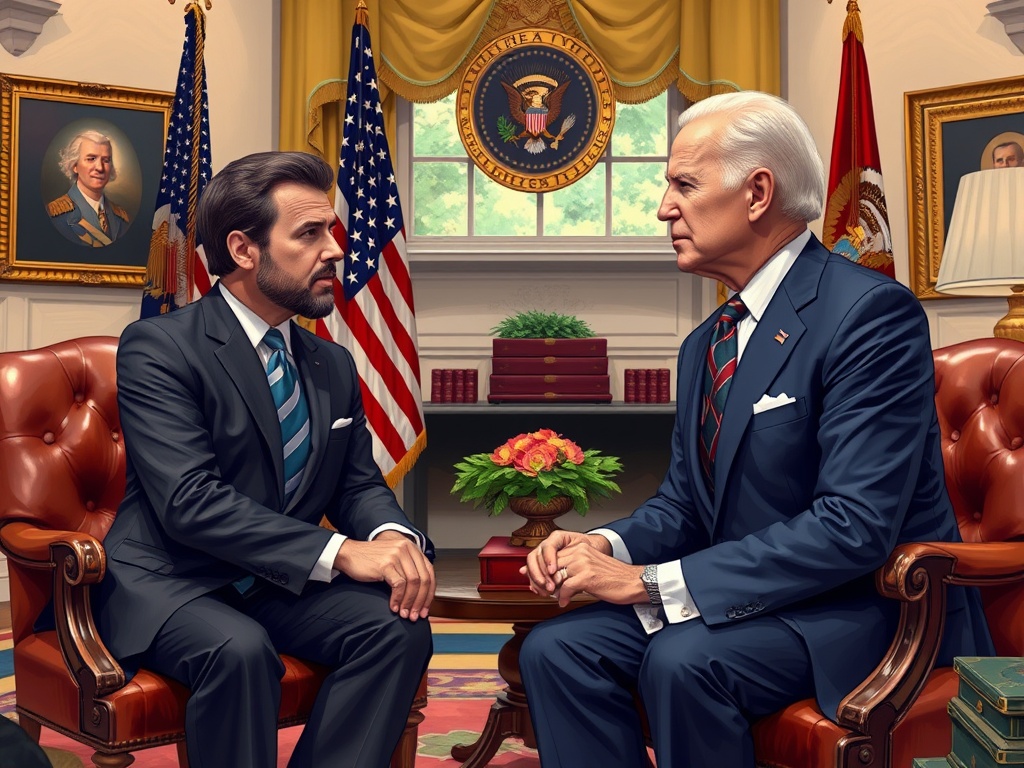Can Sir Keir Starmer Achieve a ‘Macron’ Moment During His White House Visit?

The question looms as Sir Keir Starmer prepares for his visit to the White House on Thursday: can he replicate the diplomatic finesse displayed by French President Emmanuel Macron during his recent encounter with President Trump? Macron’s adept handling of unexpected challenges provides a blueprint for Starmer, who must be ready to navigate complex discussions with poise and charisma.
Initially, the Prime Minister of the UK aspired to be the first European leader welcomed by Trump during his second term. However, recent remarks by Trump—calling Ukrainian President Volodymyr Zelensky a “dictator,” and indicating a potential thaw in U.S.-Russia relations—have complicated this ambition. These developments threaten to disrupt decades of transatlantic alliances that have preserved peace in Western Europe since the end of World War II.
Macron’s visit to the White House set the stage for Starmer, providing him with insights on how to manage Trump’s unpredictable nature. Macron’s day began early, participating in a call with G7 leaders to mark the third anniversary of the conflict in Ukraine, before engaging in bilateral talks and a lunch with Trump. The highlight of Macron’s visit was an unanticipated joint press conference that transformed a routine photo opportunity into a dynamic media event.
Macron’s strategy in dealing with Trump was a carefully balanced mix of charm, confrontation, and constructive engagement. He began by reminiscing about inviting Trump to the reopening of Notre-Dame Cathedral, a gesture that Trump appreciated. This set a positive tone, but it was soon followed by a direct challenge to Trump’s stance on Ukraine. Macron confronted Trump’s claim that the U.S. should be prioritized for compensation concerning its contributions to Ukraine, reminding him that Moscow, not Kyiv, is the true aggressor.
Macron’s bold assertion came just after Trump had obstructed G7 leaders from issuing a unified condemnation of Russia’s actions, highlighting the urgency of his message. He articulated that Ukraine, suffering immense losses and destruction, should be compensated first. Macron argued that any compensation should come from Russia, the aggressor, rather than the victims of the conflict.
The French leader also proposed using Russia’s frozen assets to aid Ukraine and its allies, a suggestion that runs counter to Trump’s aspirations for a favorable relationship with the Kremlin. While Trump expressed openness to the idea of European peacekeepers in Ukraine following a peace agreement, Kremlin officials quickly denied that any such discussions had taken place.
Macron’s primary objective was to secure U.S. guarantees for any peacekeeping missions involving both European and non-European forces. He emphasized Starmer’s readiness to deploy UK peacekeepers, contingent on an American military “backstop.” Although Trump assured that this would not pose a problem, he was vague when pressed by reporters on what such a backstop would entail.
Throughout their discussions, Macron insisted on the necessity of a “measurable, verifiable” peace, asserting that he and Trump “share the same vision.” He acknowledged that European allies need to enhance their own security and defense capabilities. However, he also cautioned against any peace agreement that would imply a surrender by Ukraine, emphasizing the importance of a resolution that respects Ukraine’s sovereignty.
Starmer is poised to be Trump’s next guest, unless Zelensky makes an earlier appearance. Trump mentioned that the Ukrainian leader is expected to visit Washington “either this week or next week” to finalize a deal regarding his country’s rare earth mineral resources, though the specifics of the security guarantees from the White House remain unclear.
No. 10 Downing Street can now analyze Macron’s approach and determine whether Starmer should adopt similar strategies to engage with his capricious American counterpart. Macron departed from Washington with a sense of accomplishment, believing he had effectively navigated the complexities of his meeting with Trump. The challenge now lies with the UK Prime Minister to demonstrate that he possesses the diplomatic acumen necessary to complete this intricate symphony of international relations.




